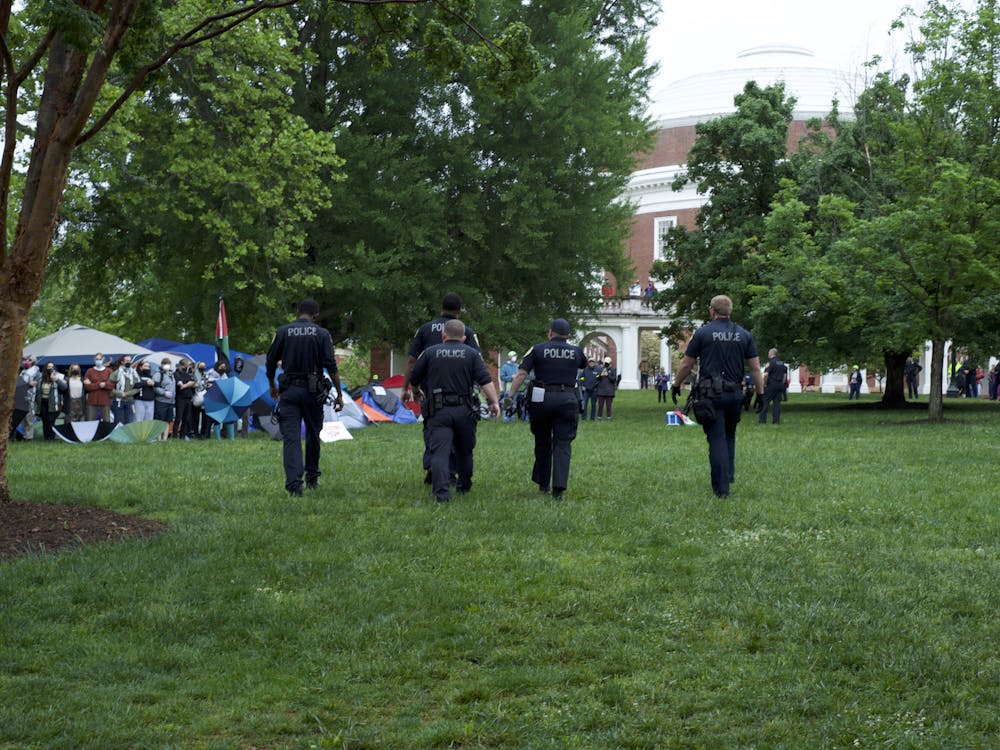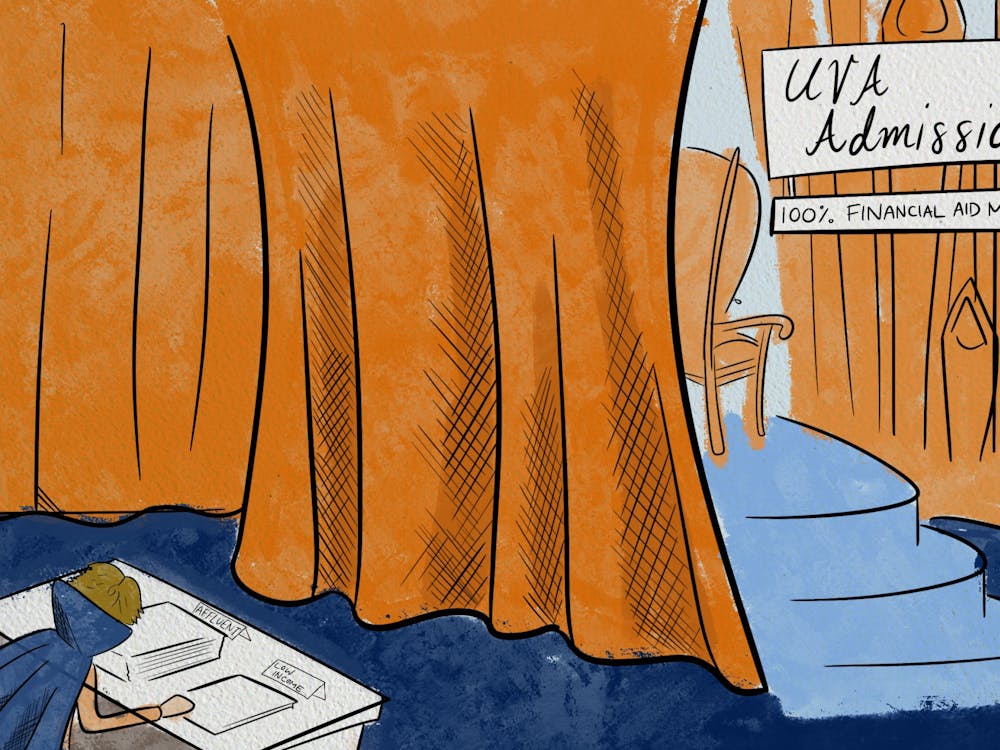SOMETIMES there seem to be only a few dozen contributing members of the University community. These superhuman students run the publications we read, decide which speakers and musicians we hear and allocate funding for the organizations whose meetings we attend. We frequently grumble over the decisions of this oligarchy, wondering why they choose to favor certain policies, entertainers or groups instead of our personal preferences. We complain year after year, not only because we like to complain, but also because the same students often hold positions until they graduate or have a mental breakdown, whichever comes first.
My usual aphorism is "If you didn't vote, you don't get to complain." Certainly voting rates at the University could and should improve. But in this situation, I amend that to, "If you don't participate, you don't get to complain."
If all the candidates are philistines who don't understand the importance of funding your beloved club's activities, voting for any one of them won't get you what you want. The only way to ensure that the views of people like you are represented in the leadership is to become a part of that leadership.
With University elections less than three weeks away, students have an opportunity to put their names where their mouths are. That is, they can run for a position on one of the ruling bodies. A wide range of them exist: Student Council; Arts and Sciences Council; Nursing, Engineering and Graduate school councils; Second, Third, and Fourth year class councils; Judiciary and Honor Committees.
Students untried in the ways of committees and councils may find this suggestion preposterous. They reflect on the Lawn-residing, suit-wearing, resume-wielding stereotype of the University politico and quail at the prospect of putting themselves in that arena. Thinking, "I don't know anything about parliamentary procedure except that it sounds painful," inexperienced students write off leadership positions as being for other people.
If experience were the only factor in determining who should lead, we wouldn't need elections at all. Candidates could just post those aforementioned resumes. They wouldn't have to make the effort to show they have good ideas and are committed to representing the interests of their class and the student body as a whole.
Committees and councils, however, are not composed merely of the people with the most experience, but also of the people who demonstrate a willingness to gain experience, to learn new things, to hear what they don't already know.
A fresh, intelligent perspective on life at the University enriches leadership bodies, and by extension enhances our community as a whole. First years particularly should take this to heart. Not having been a student council junkie in high school does not disqualify you from becoming one in college.
Worst-case scenario: You run for a position and don't win. Between making the decision to run and finding out that your candidacy was unsuccessful, some other things happen. You learn a lot about University issues. You talk to your fellow students about what's important to them.
Even if you lose, you will have met other people interested in improving our community. You and your supporters put up flyers and chalk sidewalks like madmen - but in accordance with election rules. You lose the election, but gain wisdom and experience, especially valuable knowledge about the cheapest place in Charlottesville to make copies.
If you do win, great! You get the delightful feeling of being a contributing member of the University community, instead of just a student who tells her friends about "the way things ought to be."
(Pallavi Guniganti's column usually appears Thursdays in The Cavalier Daily.)




